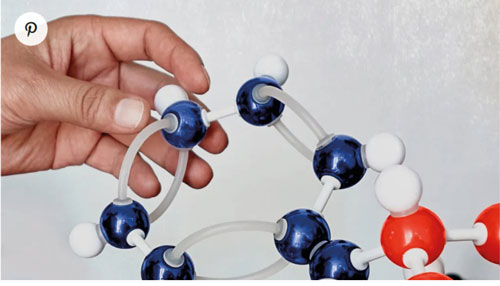A recent mouse study provides a new avenue toward better cancer treatments. PER Images/Stocksy Recently, researchers at Rice University in Houston investigated a novel way of administering anticancer medications using mice models.
Their results show that this new experimental treatment eradicates ovarian and colorectal cancers in mice.
The authors of the study hope to replicate their findings in humans later this year.
The World Health Organisation (WHO) estimates that 1 in 6Trusted Source deaths globally occur as a result of cancer.
In 2021 alone, doctors diagnosed an estimated 1,898,160Trusted Source new cases of cancer in the United States, while about 608,570 individuals died from the disease.
Although there is currently no cure for cancer, several treatment options exist. Currently, the most common types of cancer treatmentsTrusted Source include chemotherapy, radiotherapy, and tumor surgery.
However, other anticancer therapies are starting to gather momentum. Of note is immunotherapyTrusted Source, a type of cancer treatment that boosts the body’s natural defenses against cancer.
However, immunotherapy techniques do not fully eradicate cancer tumors without significant side effectsTrusted Source. Scientists consider this a major challenge for immunotherapy.
Now, scientists at the Veiseh lab at Rice University in Houston have designed a first-of-its-kind drug delivery system to overcome this issue.
The study, led by graduate student Amanda Nash, appears in the journal Science Advances. A cytokine study The researchers built their study around cytokines. These are small proteins crucial for controlling the growth and activity of other immune system cells and blood cells.
In the study, the scientists focused on interleukin-2Trusted Source (IL2), a cytokine that activates white blood cells to fight against cancer.
They designed a drug delivery system — consisting of engineered human cells — capable of delivering continuously high doses of IL2 to the cancer site itself.
This technique, they hoped, would bypass the side effects associated with intravenously administering cytokines into the body.
Using rodents and nonhuman primate models, the experimenters tested the efficacy of their drug delivery system.










